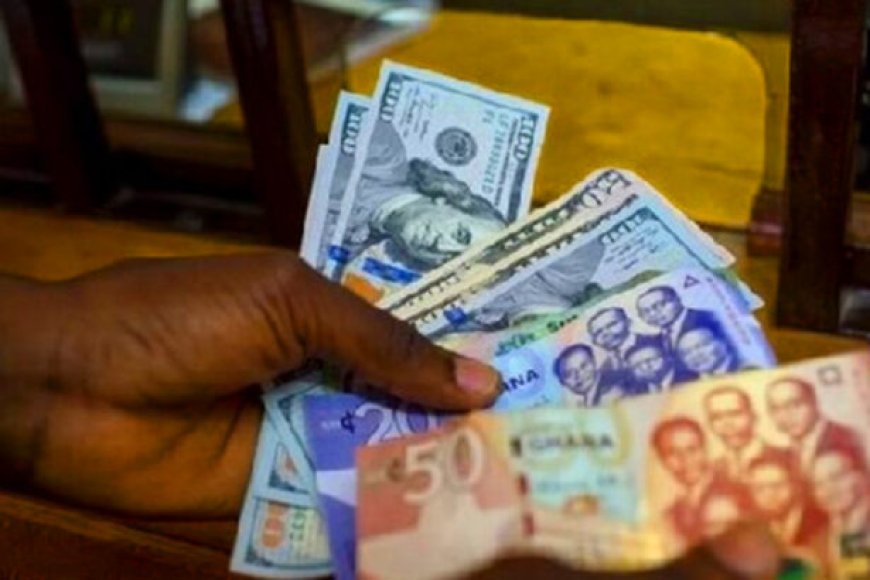Forex Bureaux Under Sustained Regulatory Scrutiny to Strengthen Anti-Money Laundering and Counter-Terrorism Efforts
In response to growing concerns about money laundering and terrorism financing, Ghana’s financial regulators have intensified scrutiny on forex bureaux to enhance monitoring and surveillance measures. The move comes as part of broader efforts to align with international anti-money laundering (AML) and counter-terrorism financing (CTF) standards, ensuring that forex trading institutions are not exploited for illicit financial activities.

The Bank of Ghana (BoG) and the Financial Intelligence Centre (FIC) have ramped up regulatory oversight on forex bureaux, requiring stricter adherence to Know Your Customer (KYC) and due diligence protocols. These institutions must now implement enhanced transaction monitoring, robust record-keeping, and improved reporting mechanisms to flag suspicious transactions.
Additionally, forex operators are mandated to comply with updated licensing requirements and undergo periodic audits to assess compliance with AML/CTF laws. This is aimed at closing loopholes that could be exploited by criminal networks to move illicit funds through informal financial channels.
The Role of Technology in Surveillance
As financial crimes become more sophisticated, regulators are leveraging technology to improve surveillance and monitoring of forex transactions. The introduction of automated reporting systems and real-time transaction tracking has significantly strengthened authorities’ ability to detect suspicious activity.
The adoption of artificial intelligence (AI) and data analytics tools has also enhanced risk assessment, enabling regulators to identify potential red flags and take proactive measures to curb illicit financial flows. These technological advancements are expected to make forex bureaux more accountable and transparent.
Challenges Facing Forex Bureaux Compliance
Despite regulatory efforts, several challenges persist in ensuring full compliance within the forex trading sector. Many small-scale forex operators lack the resources to implement advanced compliance measures, making them vulnerable to exploitation by money launderers and financiers of terrorism. Additionally, cash-based transactions remain prevalent in forex trading, complicating efforts to establish a clear audit trail.
To address these issues, the government and financial authorities are engaging stakeholders to provide training, capacity-building programs, and technical support for forex bureaux. Strengthening industry-wide awareness on AML/CTF obligations is seen as a crucial step in fostering a more secure financial environment.
International Collaboration and Policy Alignment
Ghana continues to collaborate with international organizations, including the Financial Action Task Force (FATF) and the Inter-Governmental Action Group against Money Laundering in West Africa (GIABA), to align its regulatory framework with global best practices. These partnerships have facilitated knowledge exchange, cross-border intelligence sharing, and policy harmonization, reinforcing Ghana’s commitment to combating financial crimes.
The Way Forward
As regulatory scrutiny on forex bureaux intensifies, financial institutions must adopt a proactive approach to compliance. Strengthening internal controls, embracing technological innovations, and fostering collaboration between regulators and forex operators will be critical in mitigating money laundering and terrorism financing risks.
Ghana’s financial sector stands at a crucial juncture where sustained regulatory vigilance, combined with industry cooperation, can significantly enhance the country’s ability to detect and prevent illicit financial activities. With continuous improvements in oversight and compliance frameworks, forex bureaux will play a more secure and transparent role in the financial ecosystem, safeguarding national and international financial integrity.
What's Your Reaction?




















































































